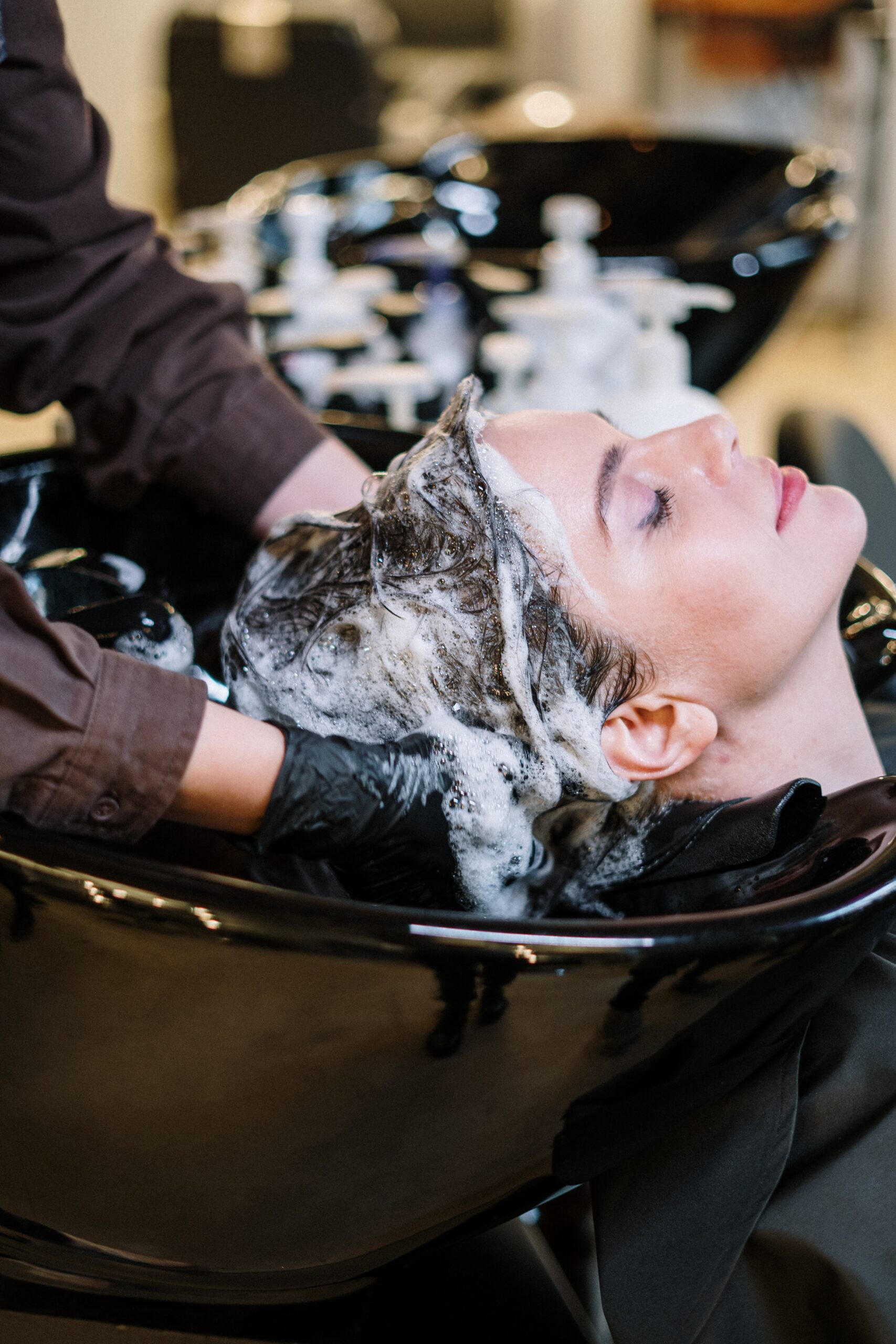How to Properly Care For Your Scalp


Beautiful hair starts with a healthy scalp. If you’re experiencing itchiness and flakiness, it’s time to give your scalp some much-needed attention. In this ultimate guide to scalp care, we’ll explore the causes of an itchy, flaky scalp, and how to prevent and treat it.
Causes of an itchy, flaky scalp:
- Dandruff: Dandruff is the most common cause of an itchy, flaky scalp. It’s caused by the overgrowth of a yeast-like fungus called Malassezia, which feeds on the oils on your scalp.
- Dryness: Dryness can also cause an itchy, flaky scalp. This can be due to a lack of moisture, harsh shampoos, or exposure to cold, dry air.
- Psoriasis: Psoriasis is a chronic autoimmune condition that causes the rapid buildup of skin cells. This can result in itchy, flaky patches on the scalp.
- Eczema: Eczema is a chronic skin condition that causes inflammation and itchiness. It can also result in an itchy, flaky scalp.
Now that we’ve identified the causes of an itchy, flaky scalp, let’s explore some ways to prevent and treat it.
Preventing an itchy, flaky scalp:
- Use a gentle shampoo: Harsh shampoos can strip your scalp of its natural oils, causing dryness and irritation. Look for a gentle shampoo that’s free of sulfates, parabens, and fragrances.
- Don’t overwash your hair: Washing your hair too frequently can also cause dryness and irritation. Aim to wash your hair no more than three times per week.
- Use lukewarm water: Hot water can strip your scalp of its natural oils, causing dryness and irritation. Use lukewarm water when washing your hair to prevent this.
- Protect your scalp from the sun: Just like your skin, your scalp can get sunburned. Wear a hat or use a sunscreen specifically designed for the scalp when spending time in the sun.


Treating an itchy, flaky scalp:
- Use an anti-dandruff shampoo: If you’re experiencing dandruff, look for an anti-dandruff shampoo that contains ingredients like salicylic acid, ketoconazole, or selenium sulfide. These ingredients can help to reduce the growth of the Malassezia fungus.
- Use a moisturizing conditioner: If your scalp is dry, look for a moisturizing conditioner that contains ingredients like coconut oil, shea butter, or argan oil. These ingredients can help to hydrate and soothe your scalp.
- Apply a scalp treatment: There are a variety of scalp treatments available that can help to soothe an itchy, flaky scalp. Look for treatments that contain ingredients like tea tree oil, aloe vera, or peppermint oil.
- Avoid scratching your scalp: Scratching your scalp can further irritate it and cause more flaking. If you feel the urge to scratch, try rubbing your scalp gently instead.
In addition to these tips, there are a few other things you can do to promote a healthy scalp:
- Eat a healthy diet: Your scalp (and hair) needs nutrients to stay healthy. Make sure you’re eating a diet rich in vitamins and minerals, including iron, vitamin D, and zinc.
- Exercise regularly: Exercise can help to improve circulation, which can promote a healthy scalp.
- Manage stress: Stress can wreak havoc on your scalp (and your hair). Make sure you’re taking steps to manage stress, whether that’s through exercise, meditation, or other relaxation techniques.
- Get enough sleep: Your body needs sleep to repair and regenerate, including your scalp. Aim to get 7-9 hours of sleep per night to ensure your scalp (and your entire body) stays healthy.


In conclusion, taking care of your scalp is an essential part of maintaining healthy, beautiful hair. Whether you’re dealing with dandruff, dryness, or other scalp issues, following the tips and suggestions in this ultimate guide to scalp care can help to soothe and heal your scalp, and promote healthy hair growth. Remember to be gentle with your scalp, avoid harsh chemicals and treatments, and prioritize a healthy lifestyle to ensure your scalp stays healthy and itch-free. With a little care and attention, you can say goodbye to itchy, flaky scalp and hello to beautiful, healthy hair.

